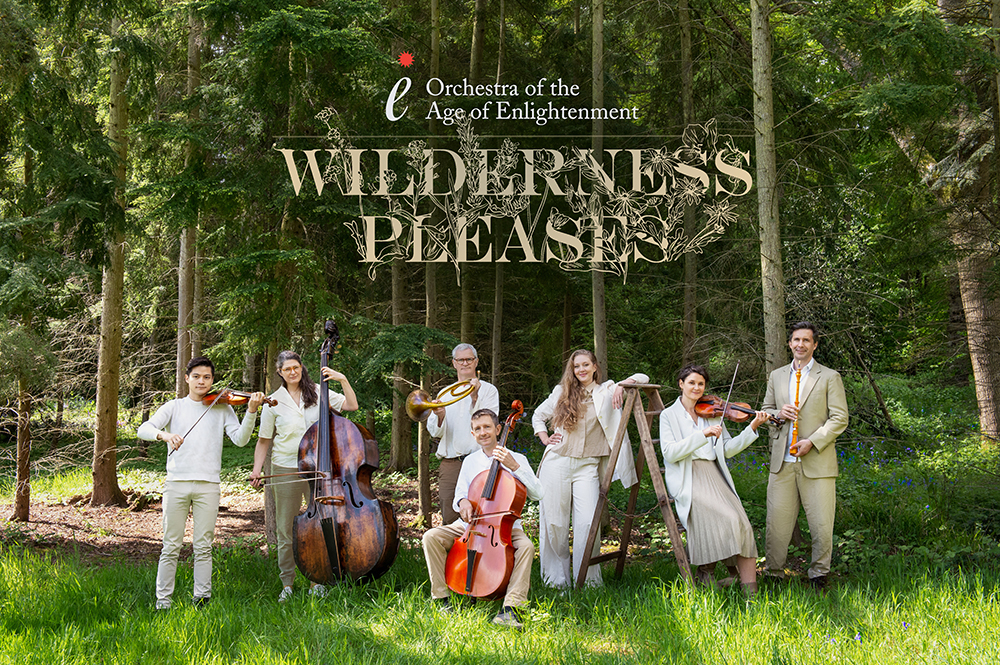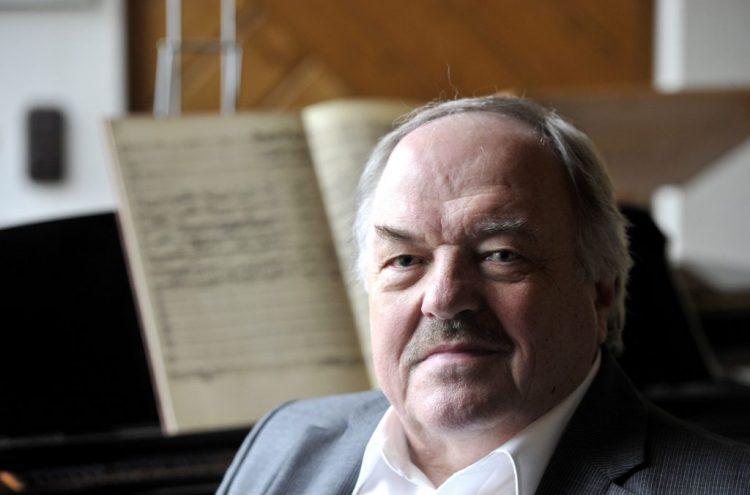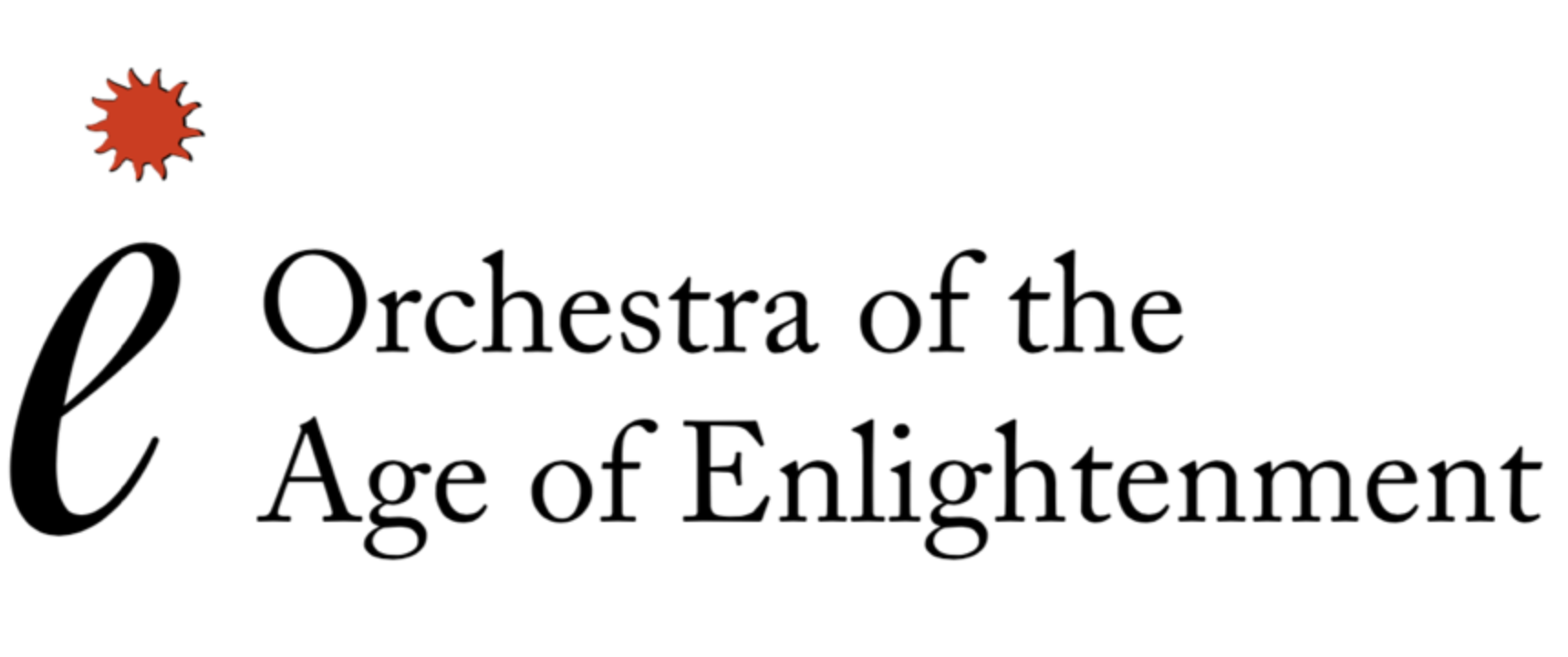Bruno Weil on Mozart and Beethoven 15 September 2021

Conductor Bruno Weil kicks off our The Wilderness Pleases season with Beethoven’s ‘Pastoral’ Symphony No 6. After hours of toil over musical scores, Beethoven would happily spend hours tramping through the countryside on restorative walks. This symphony is his spectacular tribute to nature and displays overtones of the composer’s pantheism, a belief that (to over simplify) God resides in all of nature.
To Weil, “the symphony is forty minutes of happiness and relaxation – and three minutes of thunderstorms. You hear the birds, for example, and can even understand them. The challenge is to make the piece sound relaxed and without any pressure, yet also convey the deeper layer of meaning. That’s the secret of the symphony.”
Weil will be bringing the same level of preparation to the evening’s two other works, Mozart’s Overture to The Magic Flute opera and Haydn’s Sinfonia Concertante. Each of these very well-known work sits squarely within Weil’s core interest: Haydn, Mozart and Beethoven are the greatest names from the so-called Classical period of music before Romanticism took hold, and Weil is among their great interpreters.
The conductor has had a long and fruitful association with the OAE. This goes back more than twenty years when he conducted Così fan tutte at the Glyndebourne Festival; he then went on to record a string of works with the OAE for Sony. The orchestra is “extremely quick in understanding and technically fantastic so it’s easy to work with them”, he says.
 "The OAE is extremely quick in understanding and technically fantastic so it’s easy to work with them."
"The OAE is extremely quick in understanding and technically fantastic so it’s easy to work with them."
So why is playing on period rather than modern-day instruments so vital to him? “Because that brings the truth of the composer”, declares Weil emphatically. He sees his mission as stripping aside the cultural accretions overlaid on Haydn, Mozart and Beethoven over the decades to reveal the music as the composer originally intended it. “It’s an act of forgetting the nineteenth and twentieth century. The tempos from the Romantic period and later are too slow and the whole expression is a personal, emotional interpretation unknown to composers like Mozart and Beethoven”, he insists.
There’s another more practical reason too: “Players with period instruments are used to playing without vibrato – the horns don’t have valves so they must do everything with their lips and so on. It means that we get much closer to what the composer had in mind – and you don’t make so many mistakes!”
Weil’s enthusiasm for this era of music is infectious. He is unembarrassed to say that the works of Haydn, Mozart and Beethoven are simply the best music ever written and they reward concentration and study. He takes particular delight in bringing a younger generation to this peerless music. “The more you understand it the better it gets.”

